Health
Liver Stone Symptoms: Causes, Signs & Treatment Guide
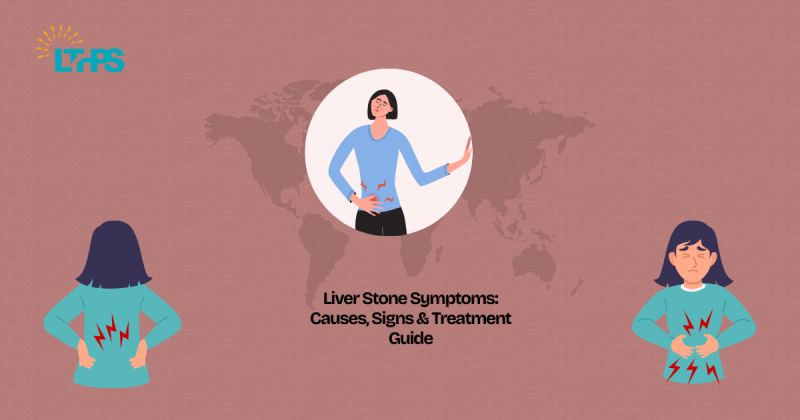
Introduction
Have you ever heard about liver stones? Most people know about kidney stones or gallstones, but liver stones often remain in the shadows. These stones, also called intrahepatic bile duct stones, form inside the liver’s bile ducts and can cause serious health problems if ignored.
Think of your liver as the body’s natural filter. Just like a water filter can get clogged with dirt, your liver’s bile ducts can get blocked with stones. When this happens, you might start noticing strange symptoms like abdominal pain, fever, or even yellowing of your eyes.
In this article, we’ll break down liver stone symptoms in simple terms so you can recognize the warning signs early. We’ll also explore causes, risk factors, diagnosis, treatment, and when to consult a liver transplant surgeon in India for advanced care.
Discover liver stone symptoms, causes, and treatments. Learn when to consult a Liver Transplant Specialist Doctor for safe recovery.
1. What Are Liver Stones?
Liver stones, also known as intrahepatic bile duct stones, are hard deposits that form inside the liver. Imagine small pebbles blocking a water pipe-- that's exactly what stones do inside the liver's bile ducts. They block the smooth flow of bile, which can lead to pain, infections, and liver damage if not treated.
2. How Do Liver Stones Form?
Liver stones usually form when there's an imbalance in bile-- a digestive fluid made by the liver. If bile becomes too thick or contains too much cholesterol or waste, stones can form. Over time, they harden, just like mud turning into clay.
3. Common Symptoms of Liver Stones
Here are some typical signs:
Abdominal pain (especially on the right side).
Nausea and vomiting.
Fever and chills (if infection is present).
Jaundice (yellowing of skin and eyes).
Loss of appetite.
Not everyone experiences all symptoms. Some people may live with small stones without knowing it until complications appear.
4. Early Warning Signs You Shouldn't Ignore.
Sometimes, liver stone symptoms are subtle. Look out for:.
Sudden, unexplained fatigue.
Itchy skin without allergies.
Dark urine or pale stools.
Recurrent indigestion or bloating.
These might feel like everyday problems, but if they persist, they could be your body waving a red flag.
5. Causes and Risk Factors of Liver Stones.
Several factors can increase your risk:.
Genetics-- If liver disease runs in your family.
Chronic liver infections.
Unhealthy diet rich in fatty, oily foods.
Obesity and lack of exercise.
Previous gallbladder surgery.
Liver cirrhosis or other chronic conditions.
6. Difference Between Liver Stones and Gallstones.
Many people confuse liver stones with gallstones. While both are similar, their location makes the difference:.
Gallstones-- Found in the gallbladder.
Liver stones-- Found inside the liver's bile ducts.
Both can block bile flow, but liver stones are often more complex and harder to treat.
7. Who Is at Higher Risk of Liver Stones?
You're more likely to develop liver stones if you:.
Are over 40 years old.
Eat a high-fat, low-fiber diet.
Have a history of hepatitis or liver disease.
Live in regions where liver infections are common.
Have metabolic disorders like diabetes.
8. How Are Liver Stones Diagnosed?
Doctors use several methods to detect liver stones:.
Blood tests-- To check liver function and infection.
Ultrasound-- To see stones inside the liver.
MRI or CT scans-- For detailed images.
Endoscopic procedures-- To confirm blockages.
9. Complications Linked to Liver Stones.
If ignored, liver stones can lead to:.
Repeated infections.
Liver abscess (collection of pus in the liver).
Severe jaundice.
Cirrhosis (scarring of the liver).
In extreme cases, liver failure requiring transplant.
10. Treatment Options for Liver Stones.
Treatment depends on the severity:.
Medications-- To dissolve small stones.
Endoscopic procedures (ERCP)-- To remove blockages.
Surgery-- If stones are large or recurrent.
Liver transplant-- In severe cases of irreversible damage.
11. When Is Surgery Required?
Surgery becomes necessary when:.
Stones block bile flow repeatedly.
Non-surgical methods fail.
The liver shows signs of permanent damage.
Doctors may remove stones surgically or, in extreme cases, recommend a liver transplant.
12. Role of a Liver Transplant Specialist Doctor.
When complications reach an advanced stage, a Liver Transplant Specialist Doctor plays a life-saving role. They assess whether a transplant is needed, guide you through donor selection, and manage post-transplant recovery.
Having a skilled specialist is like having the captain of a ship during a storm-- they steer you safely to calmer waters.
13. Lifestyle Changes to Prevent Liver Stones.
Simple lifestyle changes can go a long way:.
Drink enough water daily.
Eat a balanced diet rich in fruits, vegetables, and whole grains.
Avoid processed and high-fat foods.
Exercise regularly.
Get regular liver check-ups if you're at risk.
14. Diet Tips for Liver Stone Patients.
A liver-friendly diet includes:.
Do eat: leafy greens, fiber-rich foods, lean proteins, nuts, and omega-3 fatty acids.
Avoid: fried foods, alcohol, sugary drinks, and red meat.
Think of your diet as fuel-- clean fuel keeps the engine (your liver) running smoothly.
15. Conclusion.
Liver stones may not be as common as kidney or gallbladder stones, but they can cause serious health issues if ignored. The good news? With timely diagnosis, lifestyle changes, and the help of a Liver Transplant Specialist Doctor, most patients can recover and lead a healthy life.
Your liver is like the filter of your body-- when it gets clogged, everything suffers. So, pay attention to symptoms, don't ignore early warning signs, and take steps today to protect your liver's future.
16. FAQs.
1. What is the main symptom of liver stones?
The most common symptom is abdominal pain, usually on the right side, along with nausea and sometimes jaundice.
2. Can liver stones go away on their own?
Small stones may dissolve with medication, but larger stones usually require medical procedures or surgery.
3. How do doctors diagnose liver stones?
They use blood tests, ultrasound, CT scans, or endoscopy to confirm the presence of stones.
4. When should I see a Liver Transplant Specialist Doctor?
If stones cause repeated infections, liver failure, or if your doctor suspects severe liver damage, you should consult a transplant specialist.
5. Can lifestyle changes prevent liver stones?
Yes! Eating a balanced diet, staying hydrated, and avoiding fatty foods can lower your risk.
Source:
Click for the: Full Story
You might like


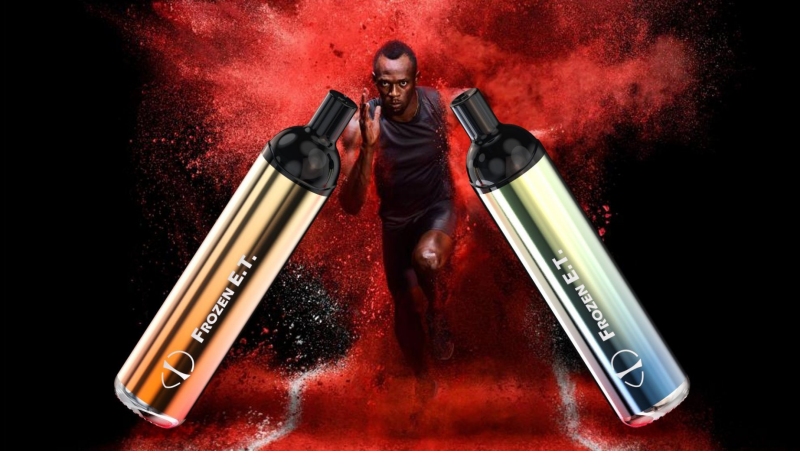
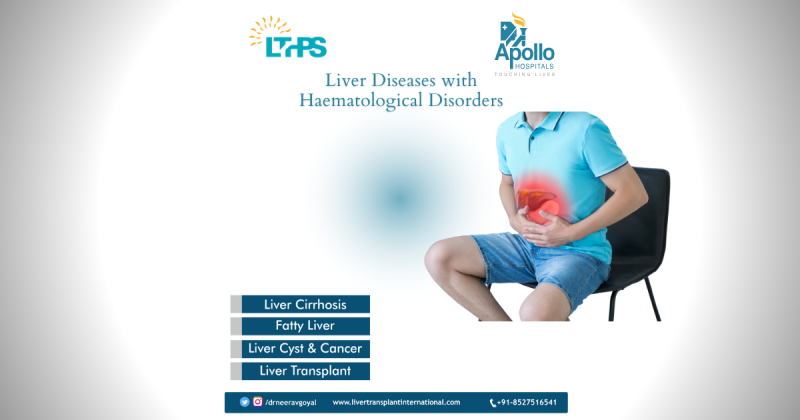
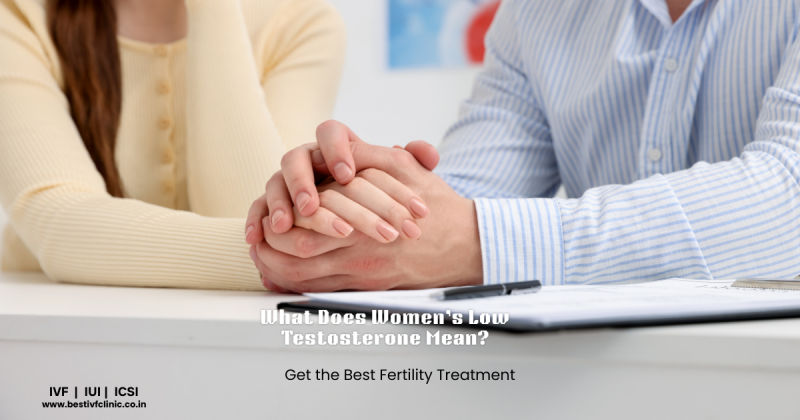




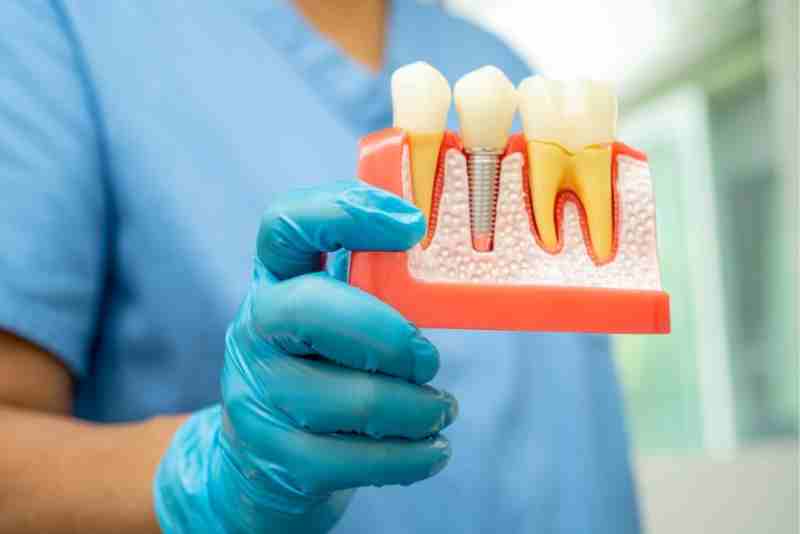



 Close Menu
Close Menu